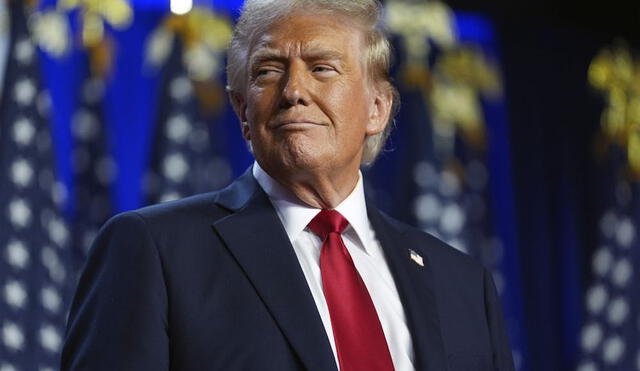Trump invokes wartime alien enemies act to target violent illegal immigrant gangs
Trump takes a bold step by invoking the wartime alien enemies act of 1798 to crack down on violent illegal immigrant gangs, aiming to strengthen national security and restore law and order. What does this mean for immigration policies and public safety?

In a significant move, former President Donald Trump has announced his intention to invoke the Wartime Alien Enemies Act of 1798 to address the growing concern over violent street gangs involving illegal immigrants. Trump argues that these criminal organizations pose a major threat to public safety and national security. His proposal, unveiled during a campaign speech, aims to strengthen law enforcement measures to identify, detain, and deport gang members more efficiently.
Trump invokes wartime alien enemies act to combat violent gangs and strengthen border security
The Wartime Alien Enemies Act, originally designed to handle foreign threats during wartime, allows the government to take action against non-citizens deemed dangerous. Trump’s plan seeks to apply this legislation domestically, focusing on gangs such as MS-13, which authorities have linked to numerous violent crimes. Critics, however, warn that using this historic law in peacetime could lead to legal and ethical challenges.
Supporters of the move argue that the country needs stronger measures to combat rising gang violence. They claim that current immigration policies have been too lenient, allowing dangerous criminals to exploit loopholes and remain in the country. By leveraging the powers of the Wartime Alien Enemies Act, Trump’s plan aims to expedite deportations and bolster border security.
Debate grows over Trump’s use of wartime law for immigration enforcement amid legal concerns
On the other hand, opponents, including civil rights organizations and some legal experts, caution that this strategy could lead to racial profiling and unjust detentions. They argue that immigration enforcement should be handled through established legal frameworks rather than repurposing a centuries-old wartime law. Some lawmakers have also questioned whether such an approach would withstand constitutional scrutiny.
As Trump continues to push this proposal as part of his broader immigration enforcement agenda, the debate over its implications is intensifying. Whether this plan gains traction or faces legal obstacles, it has already sparked nationwide discussions on the balance between security and civil liberties. With the 2024 election approaching, immigration policies are expected to remain a central issue in the political landscape.












